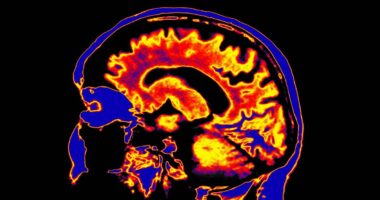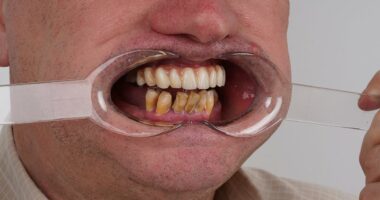Share this @internewscast.com
One of the most alarming aspects of type 2 diabetes is that many symptoms are subtle and can easily be dismissed as part of daily life or ageing. However, people should remain alert; recognising these signs early could make a crucial difference in managing blood sugar levels and preventing long-term complications.
A symptom that could indicate type 2 diabetes is needing to urinate more often than usual, particularly at night, the NHS confirms. An increase in nighttime trips to the loo may be easy to overlook, or the inconvenience could even be blamed on other health conditions, such as an enlarged prostate. However, it can be a key indicator that the body is struggling to regulate glucose levels because of type 2 diabetes.
This constant disruption to sleep can also cause fatigue during the day, but feeling very tired is also an indication of type 2 diabetes.
Other warning signs of high blood sugar (i.e. high glucose levels) include increased thirst, blurred vision, and unexplained weight loss.
These signs, particularly when occurring together, should not be ignored and warrant a prompt doctor’s appointment.
Why go to the GP?
Left untreated, type 2 diabetes can cause serious health problems including nerve damage and kidney issues.
Early diagnosis not only helps prevent complications but also offers the opportunity to control the condition through lifestyle changes and medication.
Metformin is a common medication given to those battling type 2 diabetes. However, lifestyle changes, including increased physical activity and a balanced diet, are equally crucial.
What triggers type 2 diabetes?
Type 2 diabetes develops when the pancreas fails to produce sufficient insulin to regulate blood glucose levels, or the body cannot utilise the insulin produced effectively.














